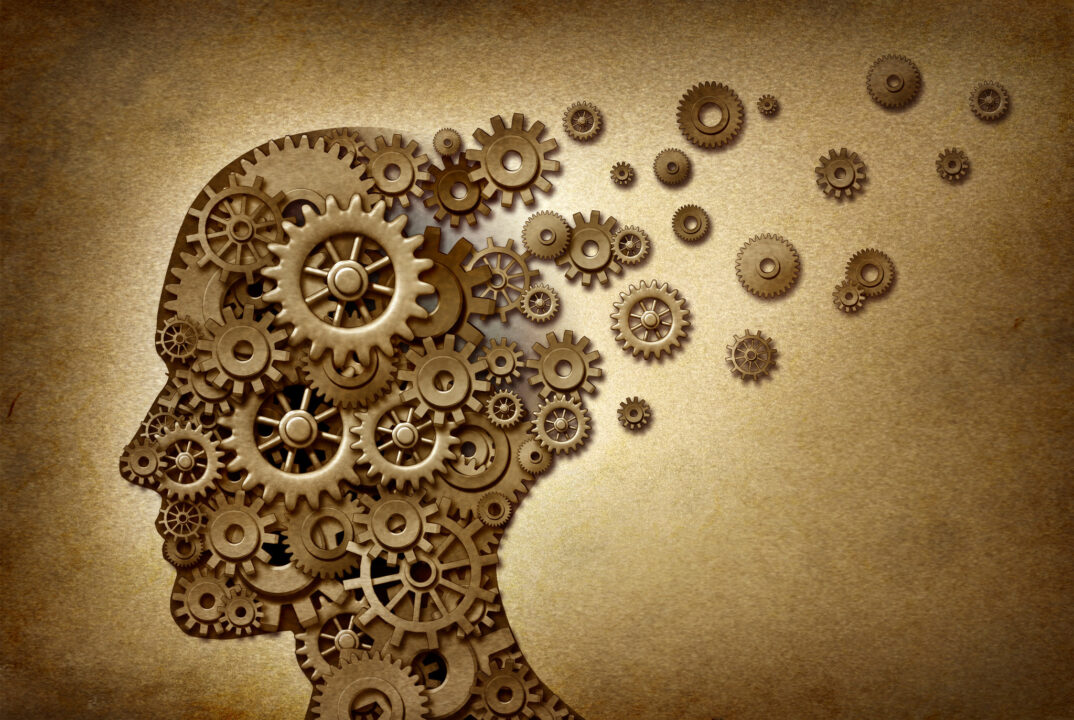When it comes to understanding the direct roots of drug addiction, whether it is opioid, heroin, marijuana, or prescription medication dependency, the pool of answers can be quite diversified. In the past few decades, the medical field has employed various approaches and disciplines to understand the root cause of why many end up becoming addicted to specific drugs.
Although it may be thorough and systematic, continued research has also divided the scientific concern into different camps that each follow their respective schools of thought. For instance, some may link cases of drug addiction to the presence of trauma, while others claim that it is rooted in innate tendencies.
At the end of the day, however, understanding the why’s and how’s of drug addiction to treat it effectively entails looking at the bigger picture of the problem. While specific causes may be diversified according to various studies, there is one specific conclusion that many agree on: the link between mental health issues and addiction.
Treatments using the distinct link between mental health and addiction
Ever since science first delved into understanding the finer details of drug addiction, it has always made clear that a strong connection between addiction and mental health will always be present.
While both mental health and addiction problems are treated separately through different methods, scientific studies continue to prove that they are interlinked. As a matter of fact, the understanding of the link has allowed experimental treatment centers to carry out “dual diagnosis” procedures that treat both disorders simultaneously.
Over time, procedures centered on remedying the link between mental health and addiction continue to prove vital in the growing field of addiction research, effectively changing lives for the better in the process.
Does mental illness cause addiction?
It is well-established that mental illness and addiction are heavily interlinked. However, a question remains as to whether or not the presence of mental conditions causes people to depend on substances beyond their control.
Generally, it is still quite difficult to determine what specific condition precedes the other because of a speculated vise-versa relationship that exists between the two. Although the link is especially clear in any drug addiction case, it is crucial to note that one may not directly cause the other. This suggests that one factor acts as an originator and the other as a supplementary link or consequence.
Typically, two main trains of thought offer a deeper level of insight into the fully defined relationship between mental illness and addiction:
- Substance abuse increases the risk of mental illness: A profound finding that has remained relevant in addiction research is that excessive dependence on substances increases the development of underlying conditions. Mental illness is derived from a combination of factors, such as genetic predisposition, unresolved trauma, and other environmental factors––the effects of which can be amplified by excessive consumption.
It is vital to note, however, that this train of thought also emphasizes the finding that specific substances, when abused, can lead to specific mental health conditions. What this entails is that specific underlying conditions (or entirely new ones) can be further developed when a specific drug is abused, depending on what illness it is linked to.
2. Mental illness is a catalyst: In some cases, undiagnosed or untreated mental illnesses can also act as a catalyst for drug abuse. This finding is rooted in the observation that those who struggle with an undiagnosed disorder are more likely to turn to various drugs as a means of self-medicating or coping with unfavorable conditions.
Conditions like anxiety, depression, manic episodes, insecurity, existential crisis and interpersonal issues have been linked as catalysts for drug addiction when they become unbearable. Although the effects posed by these conditions are met with the use of illegal drugs or prescription medication as an attempt to self-medicate, the outcome is a worsening of symptoms in the long run. This creates a hand-in-hand relationship in the process.
Conclusion
When it comes to understanding the idea of drug addiction as a whole (and what causes it), a crucial factor that can never be overlooked is its strong link to mental illness. By taking this guide into mind, you can further understand your experience or hurdle or that of a loved one and seek treatment in the most effective and well-informed manner possible.
*****
From time to time, GraniteGrok accepts content from third parties (posts, or additional links after initial publication) from which we may or may not receive compensation.
